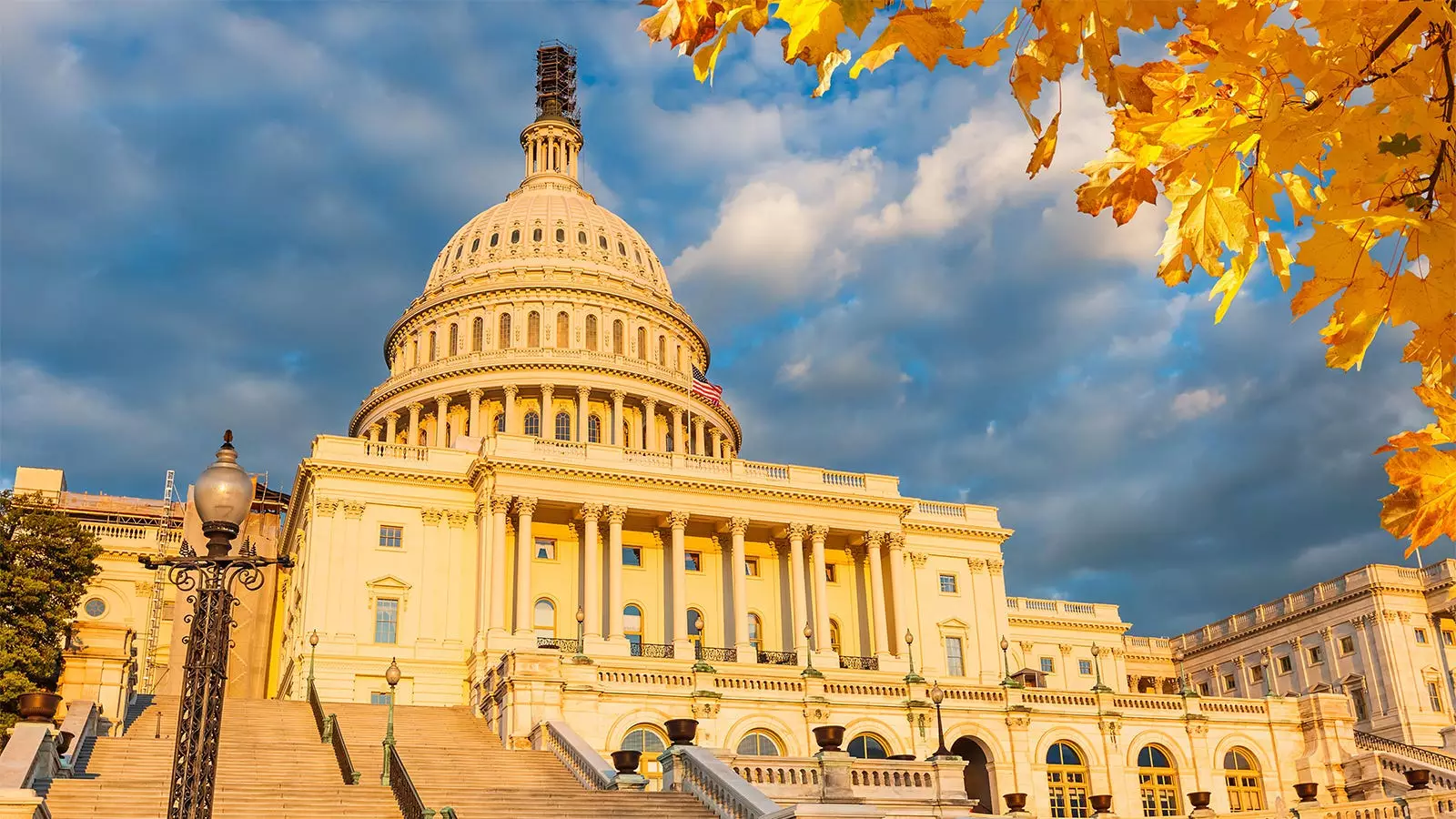In a compelling move to safeguard the future of healthcare services, 233 members of the House have united in a bipartisan effort to address proposed cuts to the Medicare Physician Fee Schedule (MPFS). This coalition is not proactive merely in reversing a troubling 2.8% reduction but is also advocating for a comprehensive legislative framework that would preclude such detrimental cuts in the future. The urgency of this matter cannot be overstated, as reiterated in a letter spearheaded by Representatives Mariannette Miller-Meeks (R-Iowa) and Jimmy Panetta (D-Calif.), which highlights the increasing instability faced by healthcare providers due to persistent cost pressures.
The letter, released on October 11 and directed toward House Speaker Mike Johnson (R-La.) and House Minority Leader Hakeem Jeffries (D-N.Y.), underscores the significant financial pressures on physicians and healthcare providers. “Increased instability in the healthcare sector due to looming cost hikes impacts the ability of physicians and clinicians to provide the highest quality of care and threatens patient access to affordable healthcare,” it states emphatically. Such financial constraints have historically led to adverse consequences, culminating in a potential crisis that could limit patient access to necessary healthcare services if immediate reform is not enacted.
Alarmingly, this proposed reduction represents the fifth consecutive year that the Centers for Medicare and Medicaid Services (CMS) has suggested cuts to the MPFS. This is representative of a broader trend wherein annual reductions have forced medical groups into increasingly difficult choices, ranging from hiring freezes to delaying essential improvements in care delivery. Notable among these challenges are value-based care transitions that are vital for advancing patient-centered healthcare models. Disturbingly, the calculated decrease in Medicare payments over the past two decades has amounted to a staggering 29% when adjusted for operational costs.
Furthermore, the implementation of the Merit-based Incentive Payment System (MIPS) has presented an additional layer of complexity. Many healthcare providers find compliance to be both financially burdensome and administratively daunting, ultimately undermining the intended benefits of quality care measurement. These alarming trends reflect an overarching breakdown of the MPFS, where recurring cuts continue to jeopardize practice viability and diminish patient services.
The House letter not only emphasizes a reversal of the proposed cuts but also articulates a call for targeted reforms to the existing MPFS structure. Key recommendations aim to enhance payment updates based on inflation rates while advocating for an adjustment to statutory budget neutrality requirements. A proposed increase in the budget neutrality threshold to reflect current economic conditions, alongside a mandate for CMS to review practice expense elements at least every five years, is essential for fostering a more stable and predictable healthcare environment.
Distinctively, physician associations like the American Medical Association (AMA) have echoed these sentiments, emphasizing the need for urgent legislative intervention. Dr. Bruce Scott, AMA president, acknowledged the collective recognition of the flaws inherent in the Medicare payment system and reinforced that “the Medicare physician payment system is ‘inherently broken.'” This assertion, coupled with the acknowledgment of rapidly decreasing payment rates, highlights the need for immediate consideration to avert further deterioration of healthcare access.
Despite the looming challenges, the prospect of bipartisan cooperation provides a glimmer of hope. The convergence of interests across the aisle positions Congress favorably to unite in pursuit of meaningful reform. Physician groups have expressed relentless urgency, seeking proactive legislative solutions that not only mitigate payment cuts but also reduce administrative burdens on healthcare providers. As Dr. Deborah Dyett Desir of the American College of Rheumatology articulated, “The time for change is now — enough is enough.”
With the significant challenges posed by exponential healthcare costs and operational necessities, the call to action is clear: Congress must rise to the occasion and affirm its commitment to ensuring that healthcare access remains robust and unimpeded. As we approach an election and a pivotal moment for healthcare policy, the need for legislative resolve stands paramount. To foster a sustainable healthcare system, immediate and assertive action is crucial; otherwise, the implications of inaction will reverberate through our healthcare landscape for years to come.


Leave a Reply